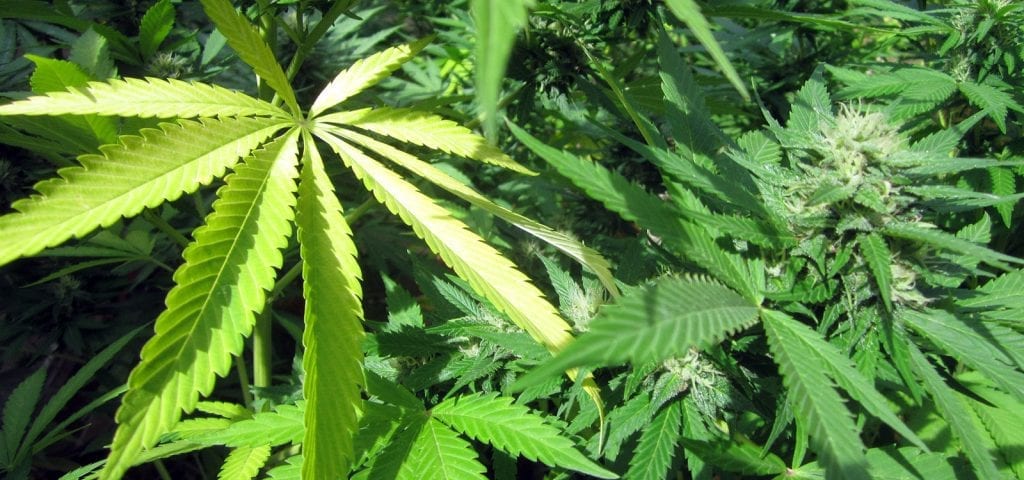Legal cannabis sales in the U.S. last year reached $6.7 billion, a growth of 30 percent, according to an ArcView Group market research report outlined by the International Business Times. The growth is faster than the dot-com boom of 2000.
However, most of those jumping in are doing so without first seeking competent cannabis counsel, without understanding the cannabis laws, without understanding the FDA laws, without understanding their State’s Health and Food Safety Laws and blindly following the industry’s norm as if some actually knew what they were doing or talking about. You might not realize it immediately, but you may have jumped into a tar pit disguised as a beautiful blue swimming hole. With any good business must first come a great lawyer.
Did you know that you are responsible for verifying that the CBD or the hemp oil product being purchased comes from a licensed source? Yes, the supplier must be properly licensed through their state’s department of agriculture or cannabis department, but it doesn’t end there. Next, you must ascertain whether or not the state where this supplier is registered allows for the commercial sale and transport of the product being sold.
Don’t be fooled: many states do not permit this and you shouldn’t take a supplier’s word as gospel, not when the penalties can be criminal. It is not enough if you or someone you know have simply received hemp products, as ignorance to the law is not an exception. You are also responsible for knowing and obtaining a certified lab report as to the product’s content and THC percentage levels; you must also know if the state in question allows for any percentage of THC within the hemp product you are selling or receiving. There are differences between what the federal law permits and what the many varying state narcotics laws allow. For instance, the State of Texas has a zero tolerance for THC — no level is permissible, not even 0.001%. You don’t want to be confused on issues concerning controlled substances.
If you are purchasing CBD or hemp oil in food products, did you know that you should verify that the manufacturer is either properly registered with the FDA or exempt? That’s per 21 U.S.C. §350d, the Registration of Food Facilities (a) Registration.
Meanwhile, as per food and drug definitions under 21 U.S.C. § 321(f):
The term “food” means (1) articles used for food or drink for man or other animals, (2) chewing gum, and (3) articles used for components of any such article. (g)(1) The term “drug” means (A) articles recognized in the official United States Pharmacopoeia, official Homoeopathic Pharmacopoeia of the United States, or official National Formulary, or any supplement to any of them; and (B) articles intended for use in the diagnosis, cure, mitigation, treatment, or prevention of disease in man or other animals; and (C) articles (other than food) intended to affect the structure or any function of the body of man or other animals; and (D) articles intended for use as a component of any article specified in clause (A), (B), or (C).
In the current market, CBD and certain hemp oils may qualify within 21 U.S.C. § 321(f) & (g) and unless you are in a properly situated chain of custody you might be selling “adulterated” goods.
§342, regarding “adulterated food,” applies to much more than tampered-with, poisonous or manipulated foods. Instances such as re-packaging, open containers, storage, food additives, food colors, and even non-nutritional additives apply. If the chain of custody from supply to packaging is not properly lined up with licenses, permits, and certificates, the product you just bought to re-sell may be deemed lawfully adulterated — and you, a cog in the impermissible wheel.
Then, there are issues with the labeling of products. 21 U.S.C. § 321(k) discusses product labeling. This section discusses the laws for not only what must go on the label but what cannot be omitted, misrepresented, misleading or misbranded. Are you selling a product to be ingested by a person or animal and failing to list all of the warnings, precautions, or suggest calling 911 if adverse effects appear? Are you warning people not to ingest if taking with grapefruit or if they have certain medical conditions? Are you informing about dosages and listing product ingredients? Are you failing to inform people that this product contains — even trace amounts — of THC or is derived from a product containing THC?
The list goes on and on.
The FDA has further determined that products containing CBD cannot be sold or misrepresented as a dietary supplement and are excluded from the dietary supplement definition in the Federal Food, Drug, and Cosmetic Act. For more information, see the September 30, 2015 Q&A, “FDA and Marijuana: Questions and Answers.”
The FDA has also ruled that claims of health benefits, medicine, medical effects cannot be labeled or advertised and in fact a disclaimer must be applied on all packaging, marketing, and advertisements.
Putting yourself out in the industry also means that you should look into the issues of insurance, product liability, legal compliance, banking, and merchant services. As was recently witnessed in Oregon and California, there might be issues with third-party vendors selling product that contains improper pesticides; the liability can be civilly shared within all cogs in the wheel.
In conclusion, it’s enlightening that so many ganjapreneurs are eager and entering the industry. However, with this opportunity comes real and legal responsibilities. Failure to retain proper and knowledgeable legal counsel might cost you more than what you bargained for. Stay safe by compliance and make sure you have first quality representation.
